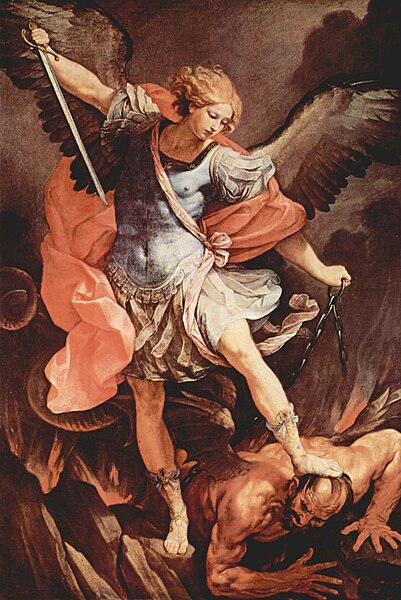 ... and why political parties either try to co-opt the Catholic Church or demean her teachings:
... and why political parties either try to co-opt the Catholic Church or demean her teachings:(W)hen people act together in community, resentment of their ideas can fester into hatred of who they are. The reason is simple. It's usually easy to ignore individuals, but communities are another matter. When organized and focused communities - like the Catholic Church - are pressing for what they believe, they are much stronger and much harder to ignore than are individuals.
What many critics dislike most about the Catholic Church is not her message, which they can always to dismiss, but her institutional coherence in pursuing her message, which is much harder to push aside. And yet the church is neither a religious version of General Motors nor a "political" organism; the political consequences of her message are a by-product of her moral teachings ...
The church engages the world in two ways: through the life of each individual believer and through the common action of believers working together. Every Christian life, and every choice in every Christian life, matters. There's no special headquarters staff that handles the action side of the Gospel. That task belongs to all of us. (41-42)
I leave you with one last, brief quotation from him: "...the Catholic Church in the United States makes an ideal target for critics of religion in the public square because we're larger and better organized than most other Christian communities. And thanks to habits of mind created by the "old" anti-Catholicism, Catholics are easy to caricature" (41).
It is that "old" anti-Catholicism that blinds people in the West to their indebtedness to and need for the Catholic Church today and her bastion of truth, goodness, and beauty amid the rising tide of neo-paganism and the Scimitar.









No comments:
Post a Comment